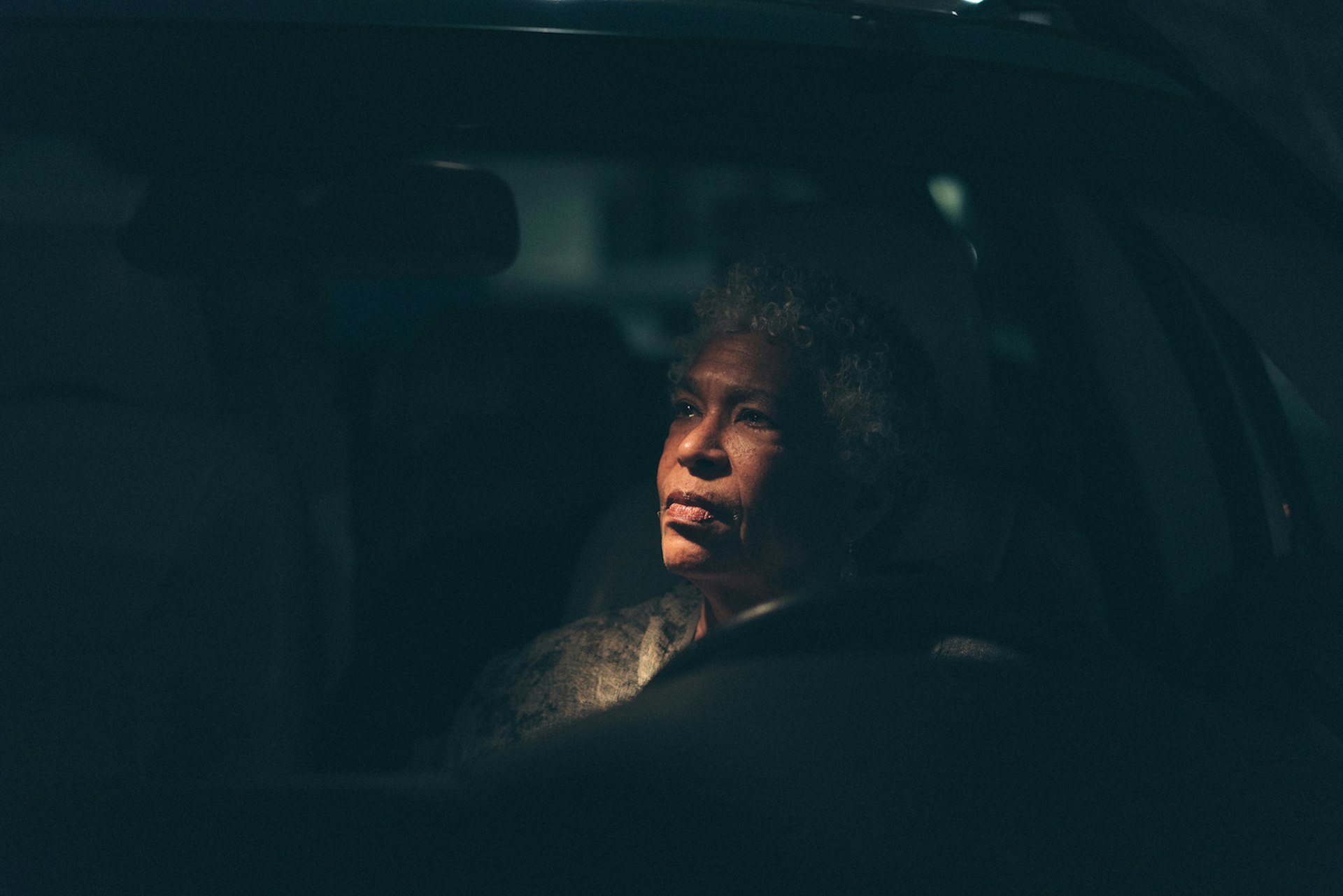
The great American road trip, from a Black perspective
- Text by Miss Rosen
- Photography by Amani Willett
A natural extension of Manifest Destiny, the mythic American road trip supposes freedom can be found on stolen land. Crafted by colonisers, the belief that one could simply jump in a car to escape the oppressive confines of society was a privilege granted to and moulded for the self-actualisation of, by and large, white men.
But those without their protected status have long warned of America’s vast network of highways and roads. In 1936, Victor Hugo Green, a Black travel writer hailing from Harlem, began publishing The Negro Motorist Green Book – a handbook showcasing stores, motels, and gas stations that welcomed Black travellers in New York City. An immediate success upon release, Green expanded coverage to include other US destinations in annual editions over the next 30 years.
“The Green Book is a testament to the courage, perseverance and unwillingness of Black Americans to be cast aside. But, it also told of the legitimate fears and threats that awaited them,” says Amani Willett, author of the new book A Parallel Road (Overlapse), a five-year project that examines the American road trip from a Black perspective.
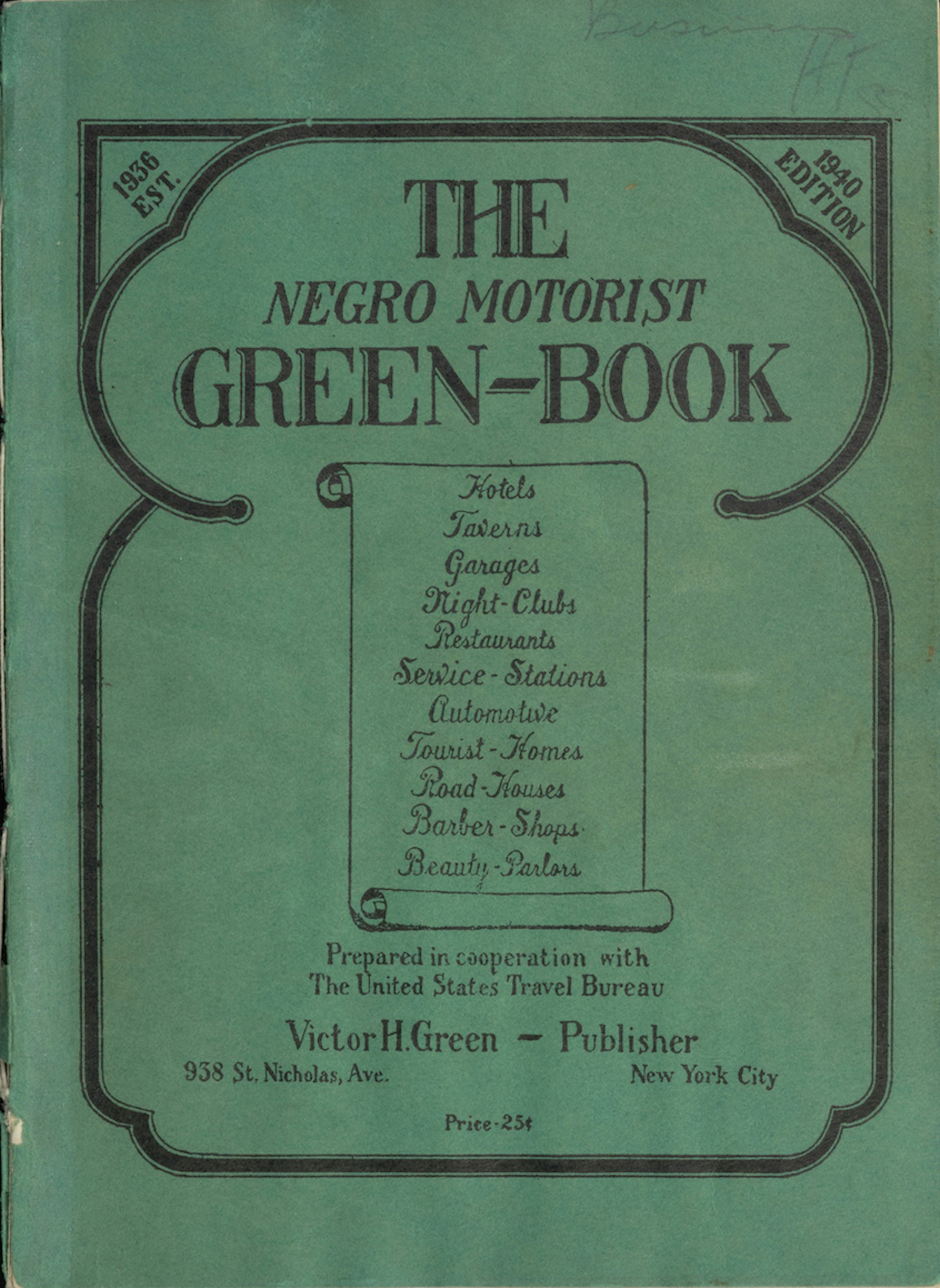
Cover of the Green Book, 1940
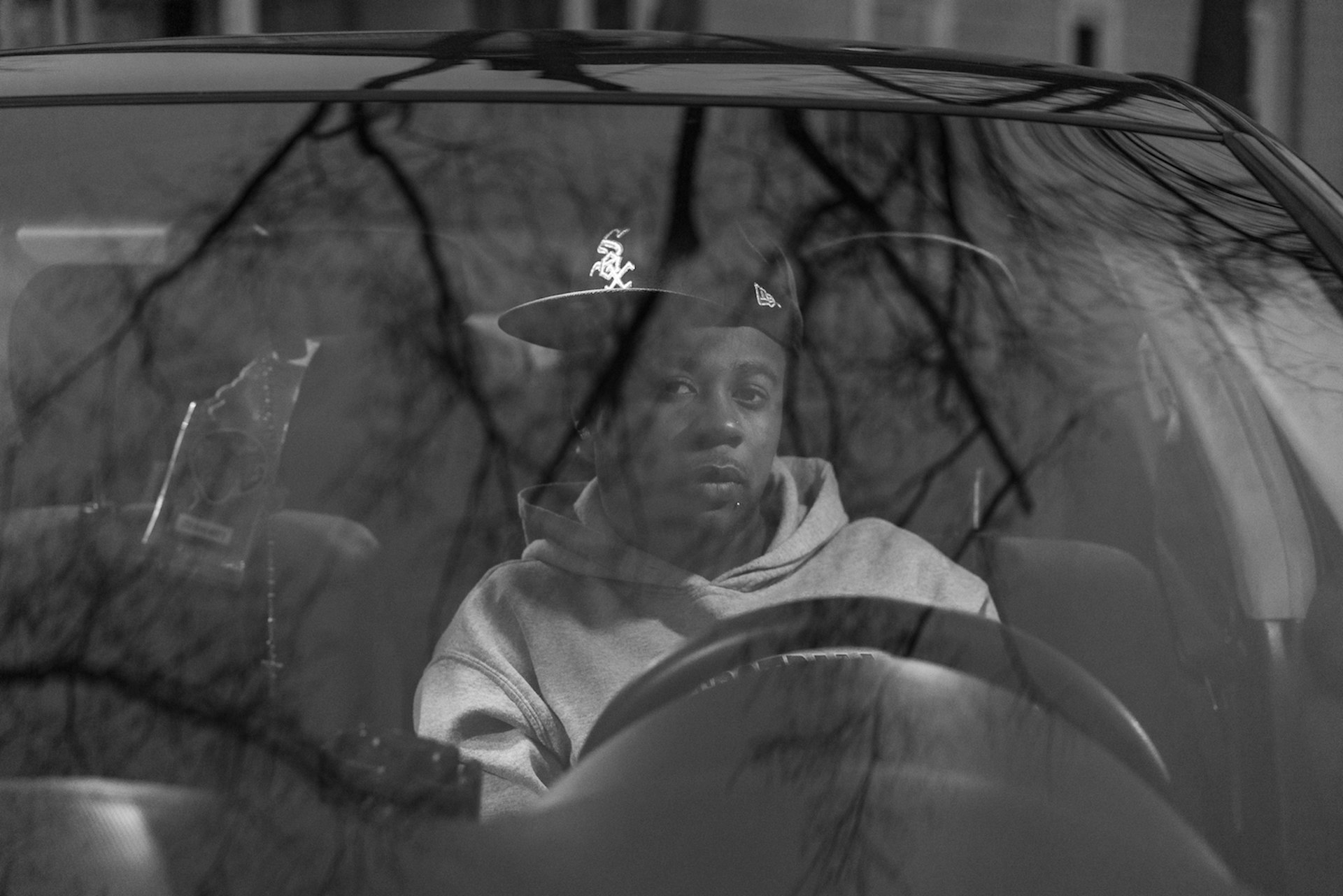
Carlenz, 2018
“The choice to get in a car and drive is complicated for Black people. Calculations about planning have been internalised depending on geographic location, and include what time of day to travel and which route to take. There is a realisation that at any given moment, lurking around the bend is the reality of a history of systemic and structural violence against Black people.”
Driving as a Black person in America is fraught, yet the road trip as a well-trodden photographic trope almost never takes this complex history into account. With A Parallel Road, Willett offers a powerful counter-narrative steeped in personal, political, and cultural history.
Bringing together archival imagery, family photographs, and new photographs, Willett weaves a spellbinding tapestry that is alternately tender, inspiring, and horrifying. Willett includes images such as his grandfather’s family during the 1920s and ‘30s dressed to the nines, posing with pride and excitement before embarking on a ride.
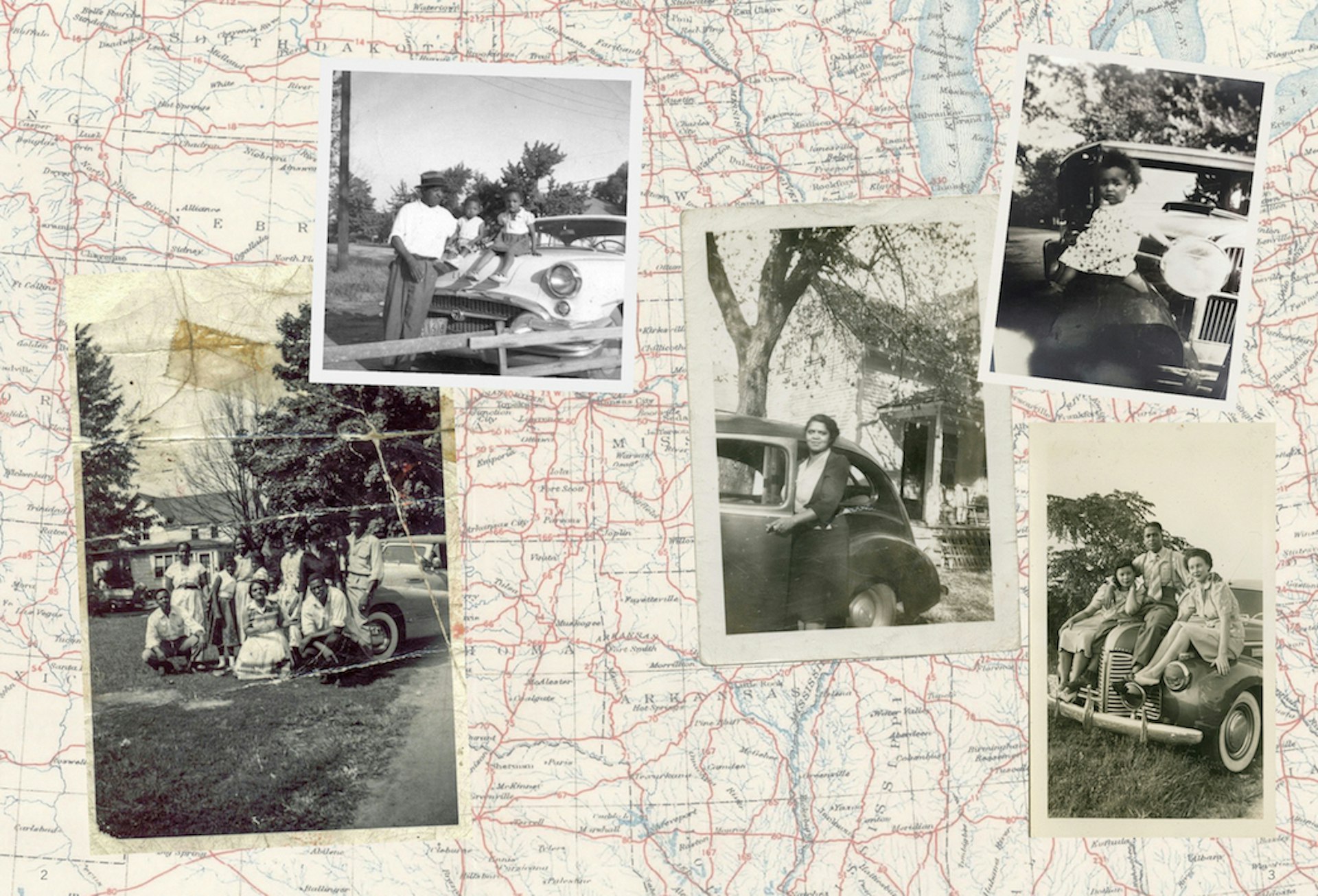
“The images at the beginning [of the book] illustrate the relative freedom, independence and innocence they experienced while travelling during the Jim Crow era,” Willett says.
“As the book progresses, the narrative begins to become more ominous with images of car accidents and signs warning ‘Blacks not to be seen in town once the sun goes down’. Deeper in the book, historical images of intimidation and violence are put into conversation with my contemporary images of Black motorists who have been the victims of police violence and images.”
A Parallel Road embodies a brutal truth, which the American Medical Association finally announced on November 16 2020: racism is a threat to public health.
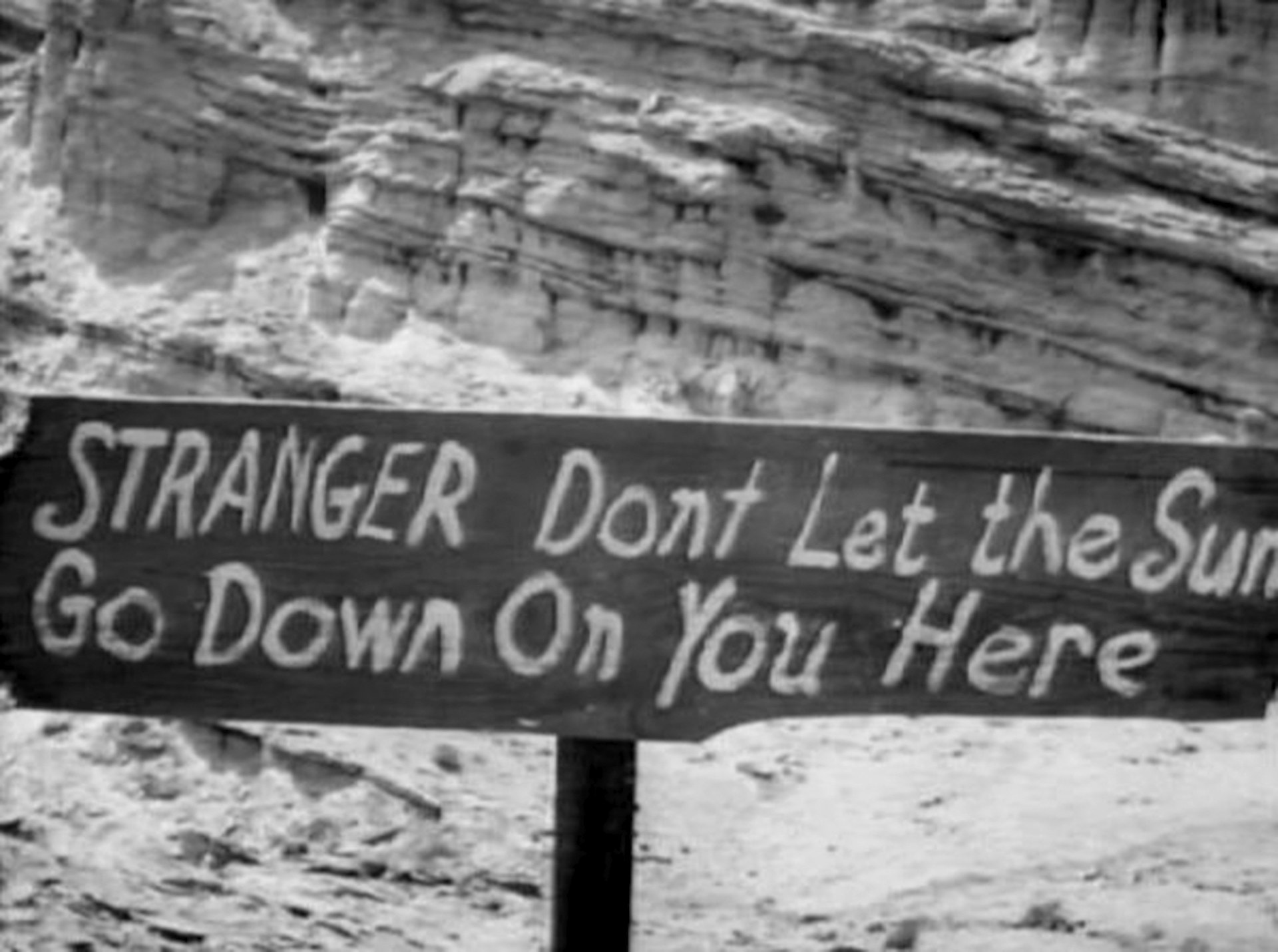
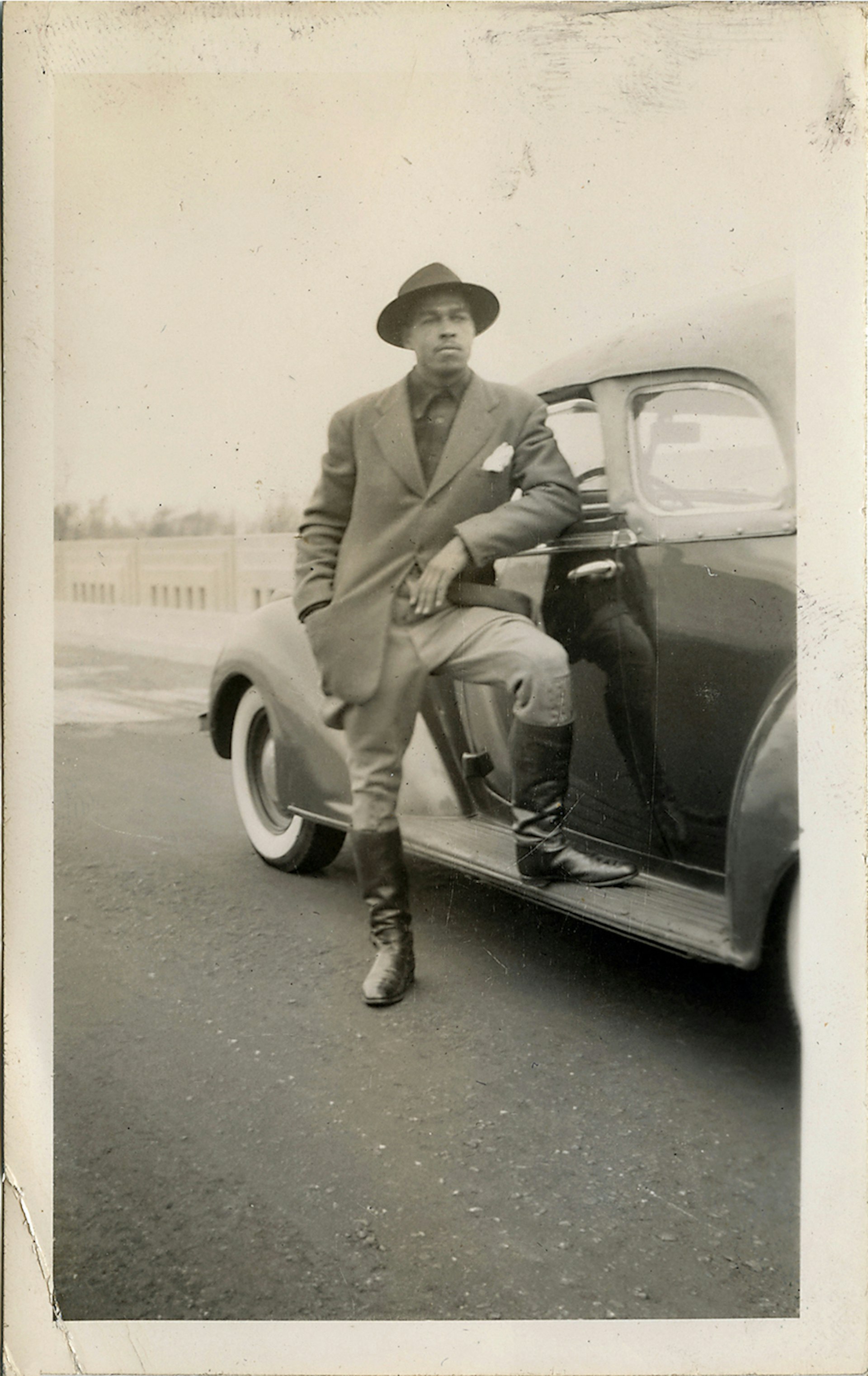
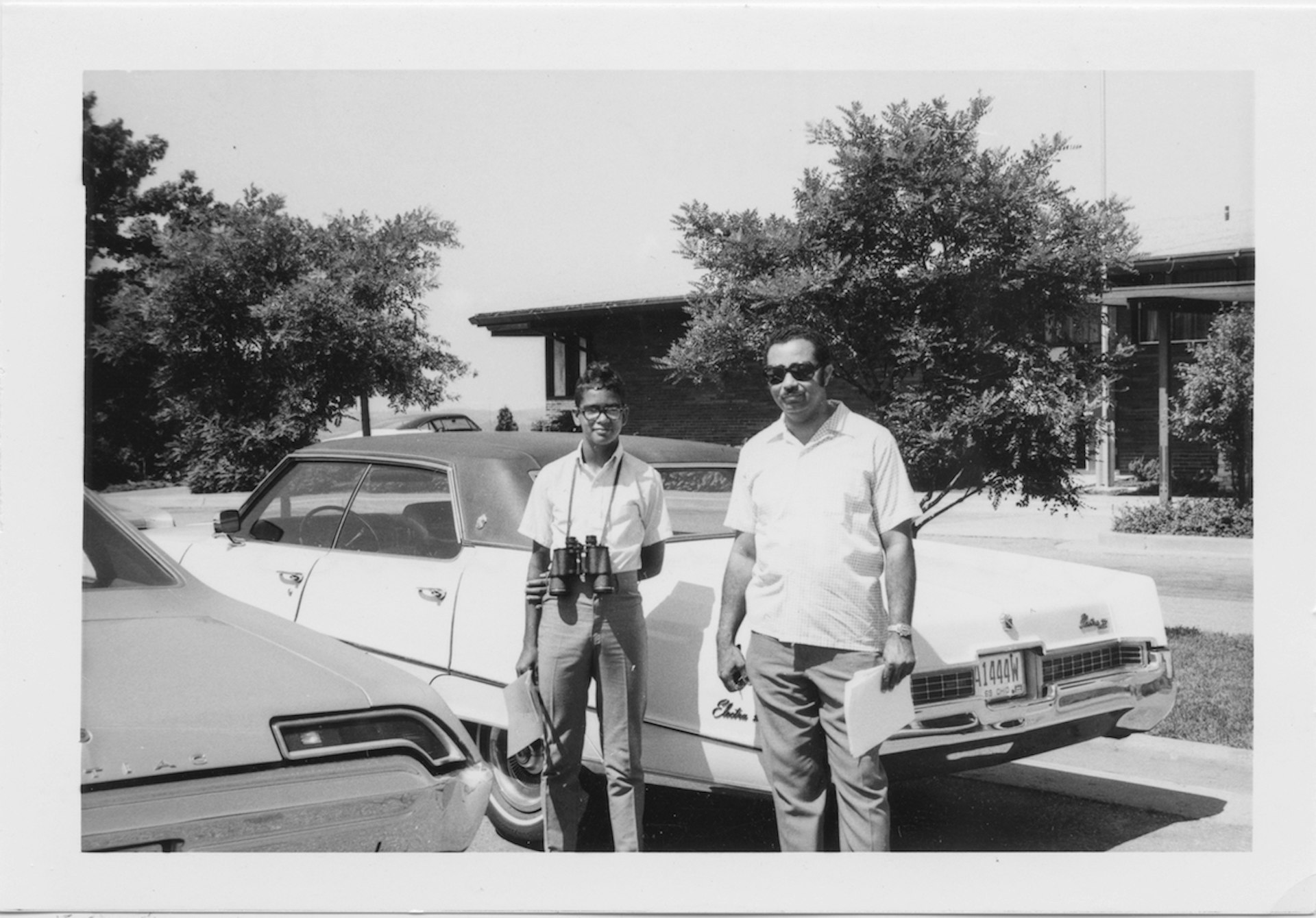
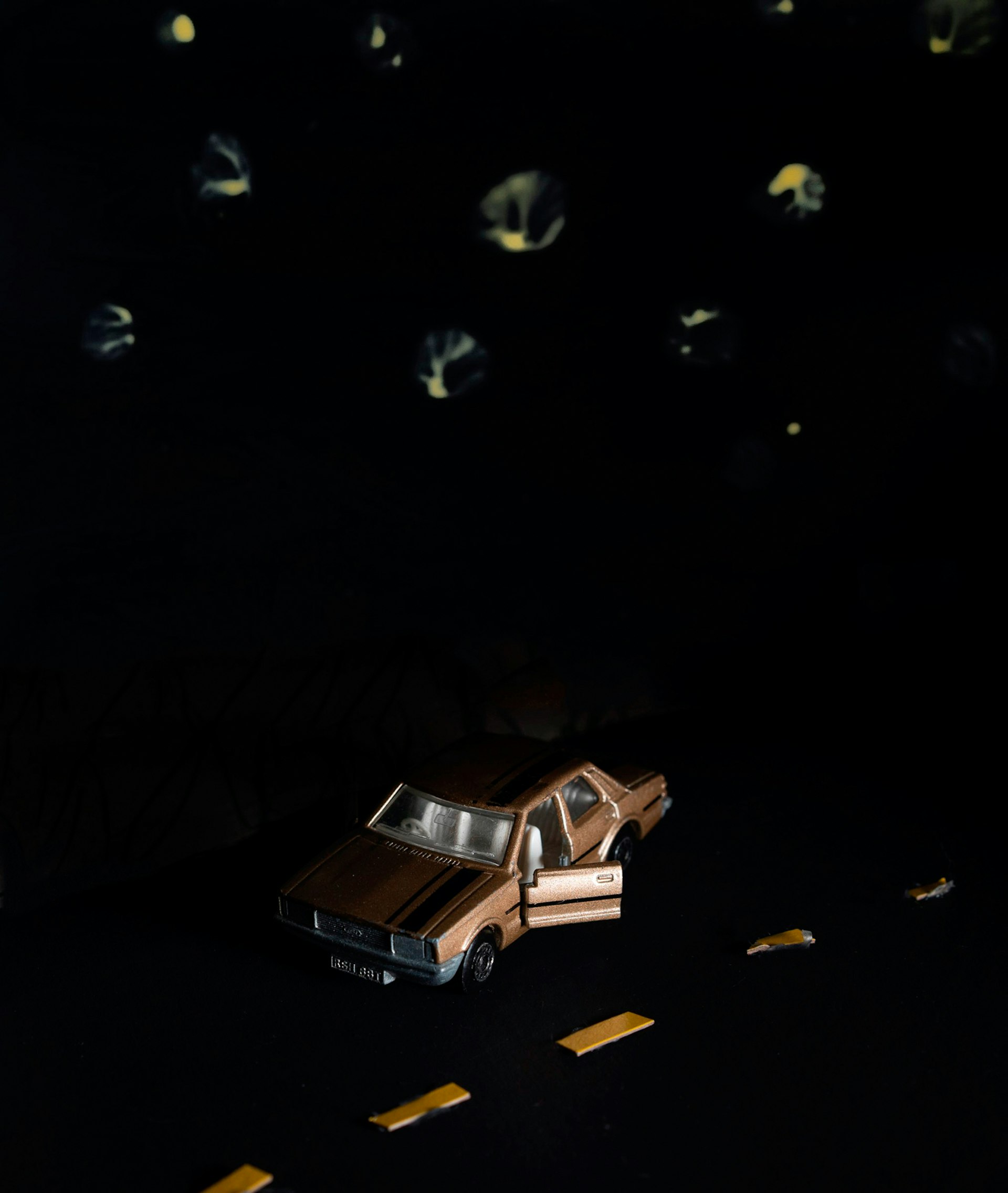
A Parallel Road is out now on Overlapse books.
Follow Miss Rosen on Twitter.
Enjoyed this article? Like Huck on Facebook or follow us on Twitter.
